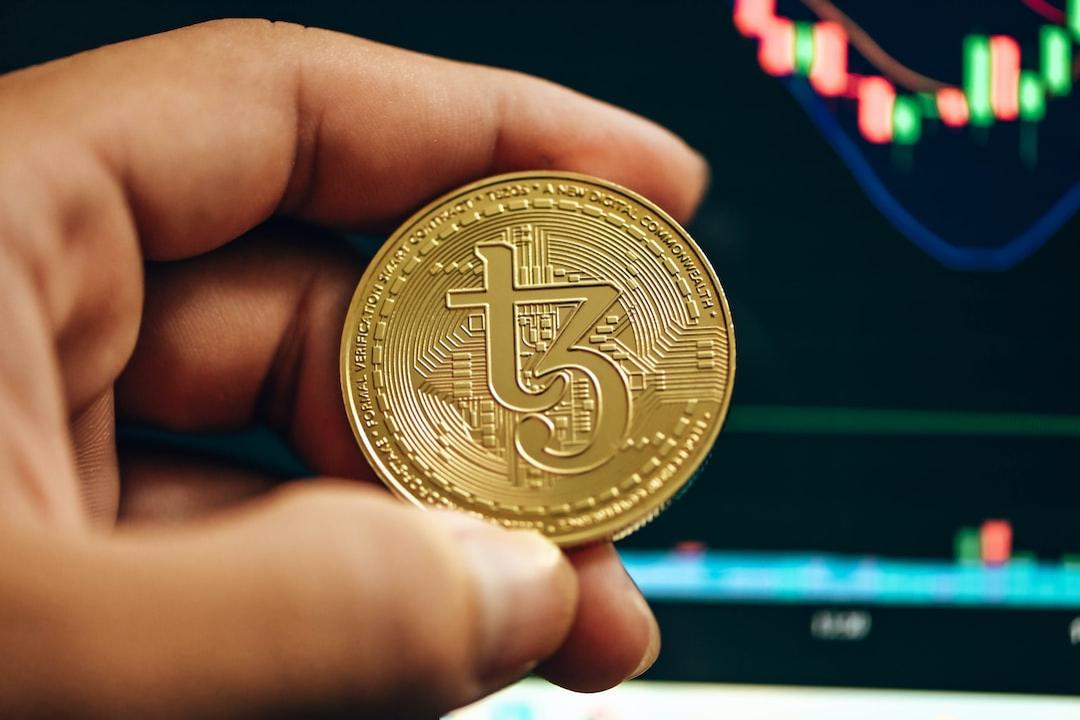Russia Wants to Tax Crypto Miners on Unrealized Gains
Crypto Mining
crypto tax
Federal Tax Service wants to introduce two-stage tax system for industrial miners
Last updated:
October 15, 2024 23:00 EDT

Author
Tim Alper

Author
Tim Alper
About Author
Tim Alper is a British journalist and features writer who has worked at Cryptonews.com since 2018. He has written for media outlets such as the BBC, the Guardian, and Chosun Ilbo. He has also worked…
Author Profile
Share






Copied
Last updated:
October 15, 2024 23:00 EDT

Why Trust Cryptonews
With over a decade of crypto coverage, Cryptonews delivers authoritative insights you can rely on. Our veteran team of journalists and analysts combines in-depth market knowledge with hands-on testing of blockchain technologies. We maintain strict
editorial standards
, ensuring factual accuracy and impartial reporting on both established cryptocurrencies and emerging projects. Our longstanding presence in the industry and commitment to quality journalism make Cryptonews a trusted source in the dynamic world of digital assets.
Read more about Cryptonews

The Federal Tax Service (FNS) has unveiled plans to
tax
Russian
crypto miners
on unrealized gains, meaning they may have to pay taxes on coins they are yet to sell.
Per the Russian newspaper
Vedomosti
, the FNS wants to launch a “two-stage” tax system for crypto miners.
Alexey Katyayev, the head of the Interregional Inspectorate for the FNS’ “Largest Taxpayers” group, explained the plans at a meeting of the recently formed Industrial Mining Association.
However, Katyayev, conceded that while tax officials want to apply a “classical system” to miners, “no final decision has yet been made” on the matter.
Unrealized Gains: Moscow’s Crypto Tax Plans
Katyayev spoke of the possibility of ordering miners to make “advance payments on mined cryptocurrency.”
This, he said, would be the “first stage.” And, he explained, this would become payable once miners receive coins in their
crypto wallets
.
“Once the miner has the right to dispose of their cryptoassets,” a taxable event would have occurred, in the FNS’ view.
This would even be the case “if the cryptocurrency mined by a miner” is “located at the address in a mining pool” and “not moved to a personal address.”
Katyayev went on to speak of a “second stage,” when the miner moves the coins out of corporate wallets or “sells cryptocurrency.”
However, if tokens have fallen in price in this same period, miners will be able to write this off as a “loss,” Katyayev said.
VAT Exemption
The FNS official also gave a colorful example to illustrate tax-related issues for the growing number of major Russian firms looking to combine crypto mining with their core businesses. He said:
This comment may well have been aimed at the likes of Gazprom, the oil and gas giant. Gazprom has recently launched a crypto mining subsidiary, and is reportedly
set to unveil a 5,000-rig “farm” in the historic city of Veliky Novgorod
.
However, Katyayev also hinted at a silver lining for Russian miners. The FNS official said that crypto mining “will not be subject to VAT.”
He explained that this was because mined cryptoassets have no specific monetary “value” in Russia.
This, the media outlet explained, is due to the fact that – legally speaking – crypto transactions are only permitted within the confines of government sandboxes for international trade firms.
Home Miners Also Facing Tax Bills
Katyayev also issued a warning for home-based miners, claiming that “individual miners” would need to pay “personal income tax” on their profits.
The FNS added that the nation’s forthcoming “register of crypto miners” will contain the following details:
Company name
Data center locations
Energy sources
Client lists

A Russian crypto mining engineer at work. (Source: Intelion Data Systems/Facebook)
Miners will also need to tell the government where they get their crypto mining rigs from, how they imported these rigs, and how much electricity they consume.
In addition, each miner on the register will need to publicly declare how much crypto they mine, a first for Russian firms.
They must also submit other details, the FNS said, but these will remain confidential, with a need to maintain “maximum security.”
Industry Happy With Tax News
Oleg Ogienko, Deputy General Director for Communications at the mining firm
BitRiver
, welcomed the news, even if it means miners will soon need to pay tax on their unrealized gains.

Inside a BitRiver data center. (Source: BitRiver/YouTube)
He said this would “allow companies to further build their business activities as efficiently as possible.”
Ogienko added this would also “increase competition in the crypto mining industry.” Timofey Semenov, the CEO of BitRiver rival Intelion Data Systems, concurred.
Semenov said that the tax plans and the new registry system would help the sector “become as transparent.”
Russian crypto miners have told media outlets they expect to pay a collective annual total of up to $616 million in taxes.
Follow us on Google News

